I pity the garden
VR experience and auto-generated real-time simulation, 2022
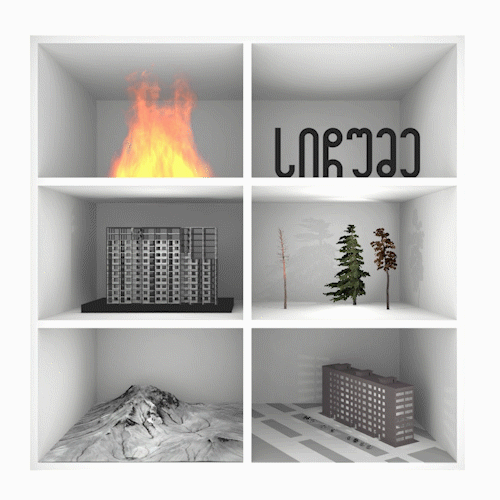
I Pity the Garden by Tbilisi-based artist duo Mariam Natroshvili and Detu Jincharadze is an immersive artwork about the premonition of the end. Through large-scale video installation and VR experience, the viewer is led into a realm of magical realism within the Anthropocene Epoch.
For Natroshvili and Jincharadze, artists born a few years before the collapse of the Soviet Union, the feeling of the end has always been integral to their experience of everyday life and has existed as a cornerstone of their collective memory. Living within the volatile environment of the Global South means to exist with the constant anticipation of various kinds of endings. This end does not necessarily mean disappearance; it can also embrace the beginning of something different in itself. However, the drama of how events unfold too often resembles a dystopian reality or a horrific fairytale where the metaphorical garden dries out, dies, is set ablaze, and is ultimately rendered empty.
I Pity the Garden takes the viewer into an immersive environment modeled by the mythopoetic forms of the artist’s narrative. It’s an observation on the signs marking the end: a horizon on fire, an abandoned city, a barking dog chained to a wall made of words, a vacant office cracking, a place where supermarket shelves are taken over by a horde of insects. The central scene of the VR experience is a garden of extinct plants – The Ghosts Garden. This ecological crisis, in real life and represented here in VR, is one of the signs of the end. This virtual garden unites plants that have become extinct as a result of human intervention.
The work presents non-linear storytelling of the Anthropocene era garden. The VR Experience is interactive, while the self-generating visual sequence of the video projection is not predefined – the quaked earth has detached from objective reality, it is shaken by human deeds, a puzzle composed of images of real places and fragmented environments. The setting is similar to an abandoned video game where no human is visible. Only traces, irreversible mistakes, and wounds in the earth can be seen. It is a poetic work that employs the technological age’s language of the new surrealism to speak about the end and the beginning.







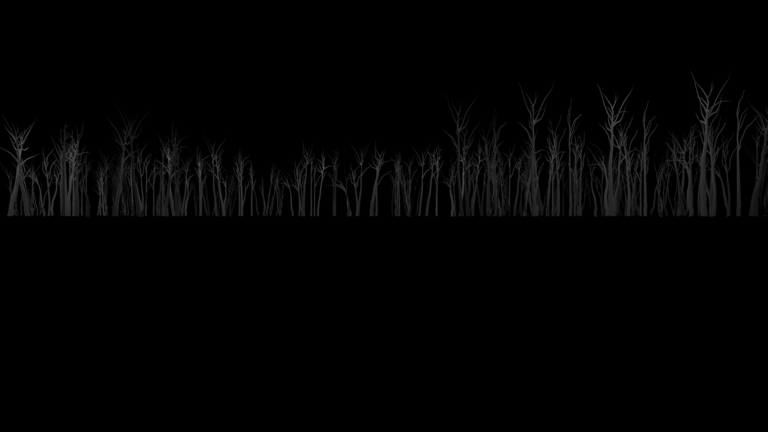
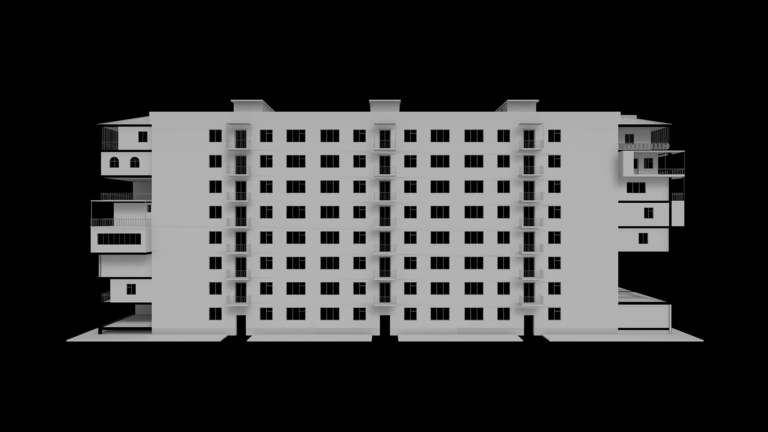

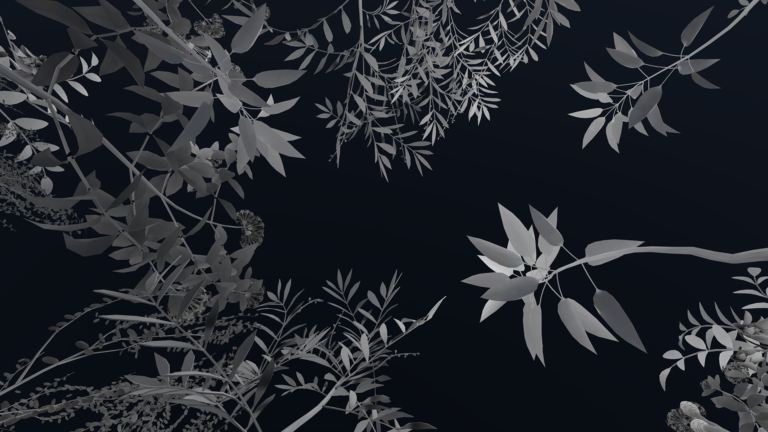
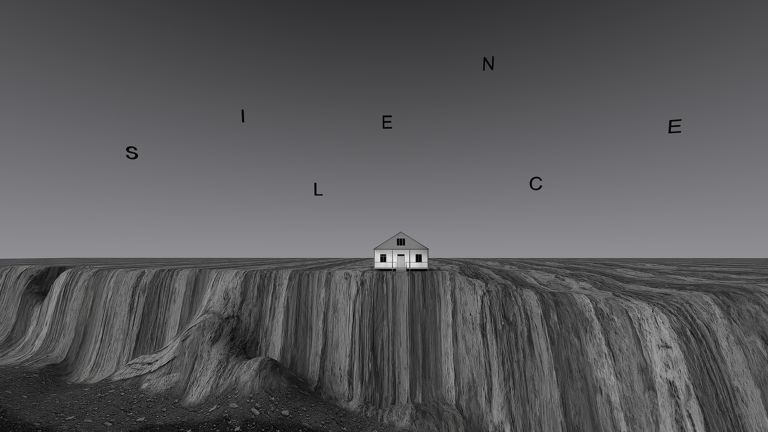
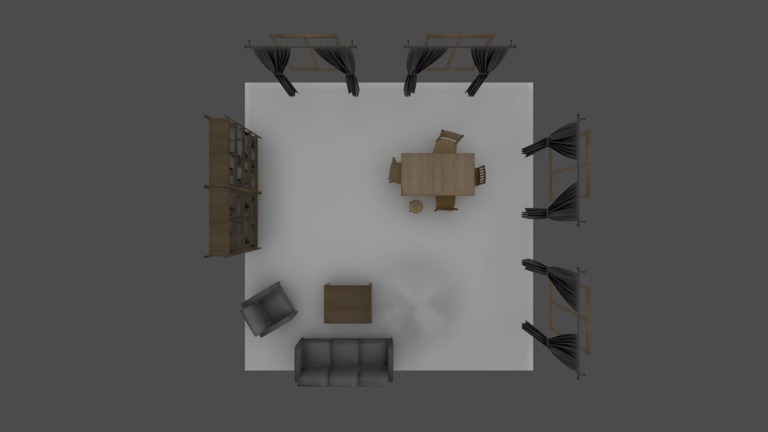
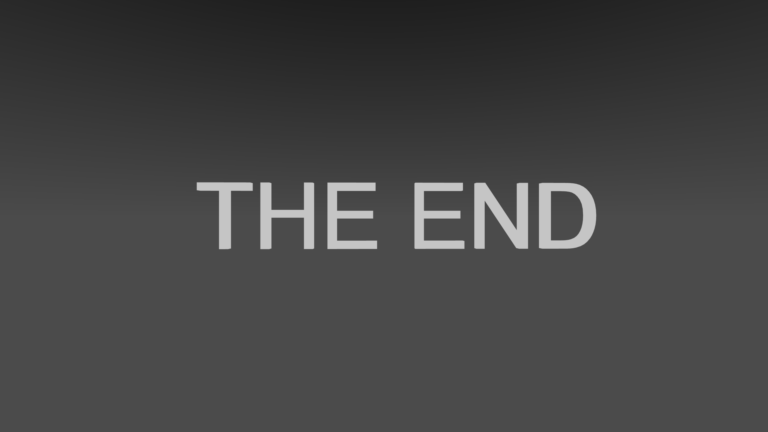
Georgian National pavilion at the 59th International Art Exhibition – La Biennale di Venezia
Commissioner: Magda Guruli
Curators: Giorgi Spanderashvili, Khatia Tchokhonelidze, Vato Urushadze
Organization: In-between Conditions
Local Partner: Nuova Icona
Active Partner: Spazio Punch
Exhibitors: Mariam Natroshvili and Detu Jincharadze
Sound Designer / Composer: Davit Khorbaladze
CTO : Alex Lashkhi, StormBringer Studios OÜ
Exhibition Design: Luka Murovec, raumlaborberlin
Graphic design: Elene Gabrichidze
Project manager: Tamara Topuridze
With the general support of The Ministry of Culture, Sports, and Youth of Georgia
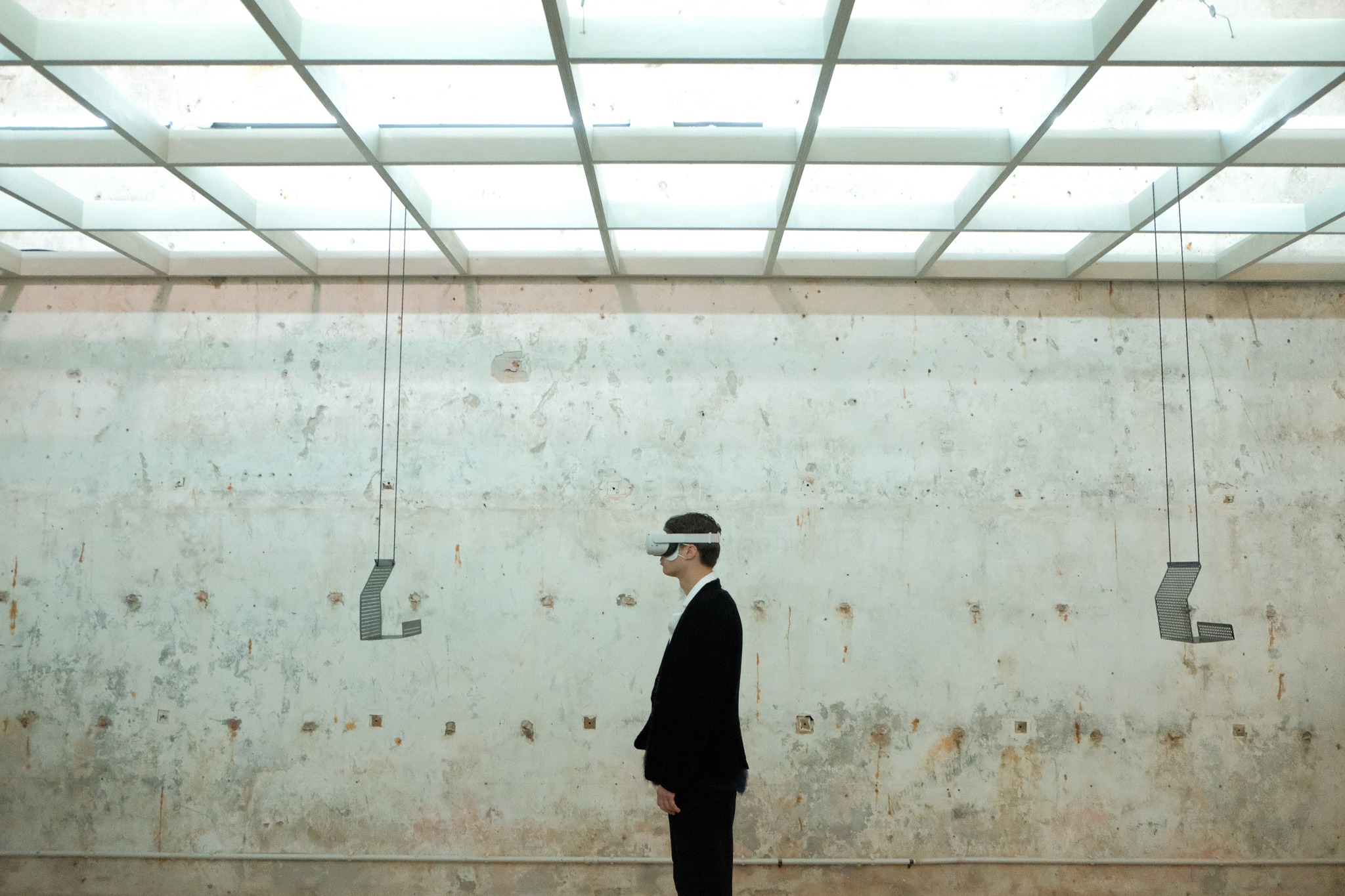
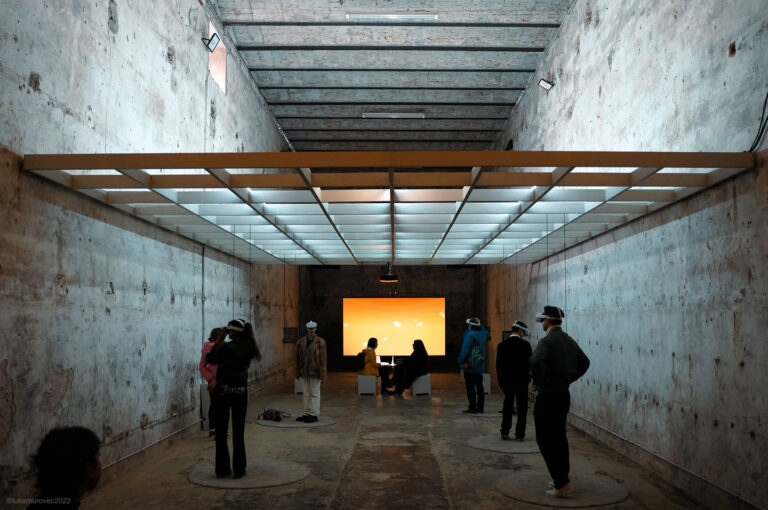
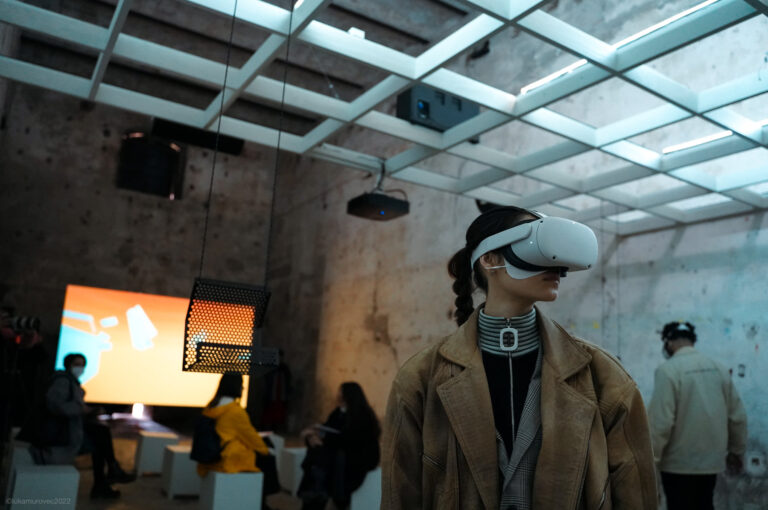
I hold the beginning in one hand,
the end in the other.
As with rings, I play,
throw them in the air
watch them flicker
turn into stars, shine.
Then fall into my hands as stones.
I have two stones.
Slippery from the river.
The end and the beginning.
I throw them back into the air,
they become stuck as eyes
hung between heaven and earth,
looking into my eyes.
The end and the beginning.
I bury my stones in the garden
plant more stones.
Watch a tree growing from the sowing.
One, then two
either of which
Is the end or the beginning?
I have two sisters.
The end and the beginning.
They live in the sky.
When the sun rises, one rises;
When the sun goes down, the other does.
Two rivers starting from the mountain.
Starting together –
My sisters,
The end and the beginning.
One river will overflow.
It will take houses,
It will swallow roads,
It will erase everything.
As the end or the beginning?
Two birds are flying in the sky;
One is white,
the other black.
Two birds – is the end beginning?
For they play with the sun!
One bird takes the sun away in its beak.
To hide in the mountains,
The second bird becomes the moon.
I have the sun and the moon.
I have day and night.
I cut them like cards.
Shuffle them.
Spread them and ask
what will happen?
There are two words on the supermarket shelves.
The little girl puts them silently in her pockets.
She steals the words.
Nothing else is left.
There is a war outside.
Rockets fire
They shoot two words.
My sisters embroider the words with fire into the sky,
The end and the beginning.
There are only two houses left in the city.
One house is the end the other is the beginning.
Which one is my house?
The end or the beginning?
Mariam Natroshvili
ერთ ხელში დასაწყისი მიჭირავს,
მეორე ხელში დასასრული.
როგორც ბურთებს,
ვათამაშებ,
ჰაერში ვაგდებ.
ციმციმებენ.
ცაზე ვარსკვლავებად იქცევიან.
ცაზე ელვარებენ.
ხელში რომ ბრუნდებიან ქვავდებიან.
ორი ქვა მაქვს.
მდინარის სიპი ქვები.
დასასრული და დასაწყისი.
ჰაერში რომ ვაგდებ,
ცასა და მიწას შორის თვალებად იქცევიან,
ჰორიზონტის თვალებად.
თვალებში მიყურებენ.
დასასრული და დასაწყისი.
ქვებს ბაღში ვმარხავ.
ქვებს ბაღში ვთესავ.
დათესილი ქვებიდან ხე ამოვა.
ორიდან ერთი.
ან დასასრული,
ან დასაწყისი.
ორი და მყავს.
დასასრული და დასაწყისი.
ცაზე ცხოვრობენ.
მზე რომ ჩადის,
ერთი ამოდის,
მზე რომ ამოდის, მეორე.
მთიდან ორი მდინარე იღებს სათავეს.
ერთად იწყება ორი მდინარე –
ჩემი დები,
დასასრული და დასაწყისი.
ერთი მდინარე ადიდდება,
სახლებს წალეკავს,
გზებს გადაყლაპავს,
ყველაფერს წაშლის.
დასასრული თუ დასაწყისი?
ცაზე ორი ფრინველი დაფრინავს,
ერთი თეთრია,
მეორე შავი.
ორი ჩიტი –
დასასრული და დასაწყისი.
ჩიტები მზით თამაშობენ,
ერთ ჩიტს ნისკარტით მზე შორს მიაქვს,
მთებში დამალავს,
მეორე ჩიტი მთვარედ იქცევა.
მზე და მთვარე მაქვს.
დასასრული და დასაწყისი.
დღე და ღამე მაქვს.
კარტივით ვჩეხავ,
ერთმანეთს ვურევ.
ვშლი და ვმკითხაობ.
რა მოხდება?
სუპერმარკეტის თაროებზე ორი სიტყვა დევს.
პატარა გოგო ჯიბეებში ჩუმად იწყობს.
სიტყვებს იპარავს.
სხვა არაფერი აღარ დარჩა.
გარეთ ომია.
რაკეტები ორ სიტყვას ისვრის.
ჩემი დები ცაზე ცეცხლით ქარგავენ სიტყვებს,
დასასრული და დასაწყისი.
ქალაქში მხოლოდ ორი სახლი დარჩა.
დასასრულია ერთი სახლი,
მეორე კი დასაწყისია.
სახლს თავს ვაფარებ.
რომელია ჩემი სახლი?
დასასრული
თუ
დასაწყისი.
მარიამ ნატროშვილი
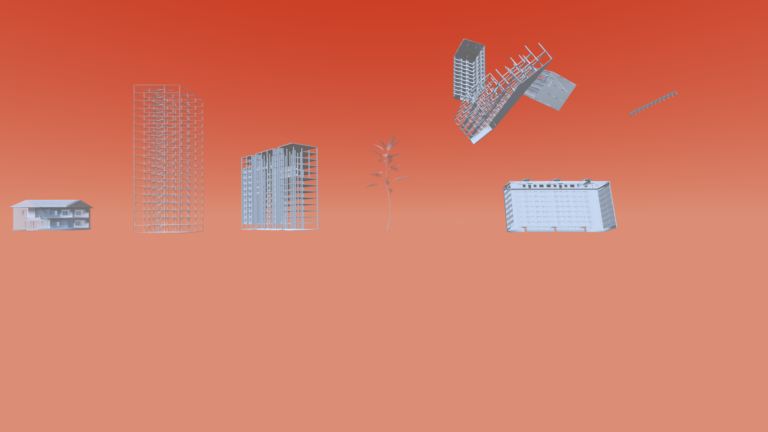
I Pity the Garden in Sh.Amiranashvili State Art Museum in Tbilisi
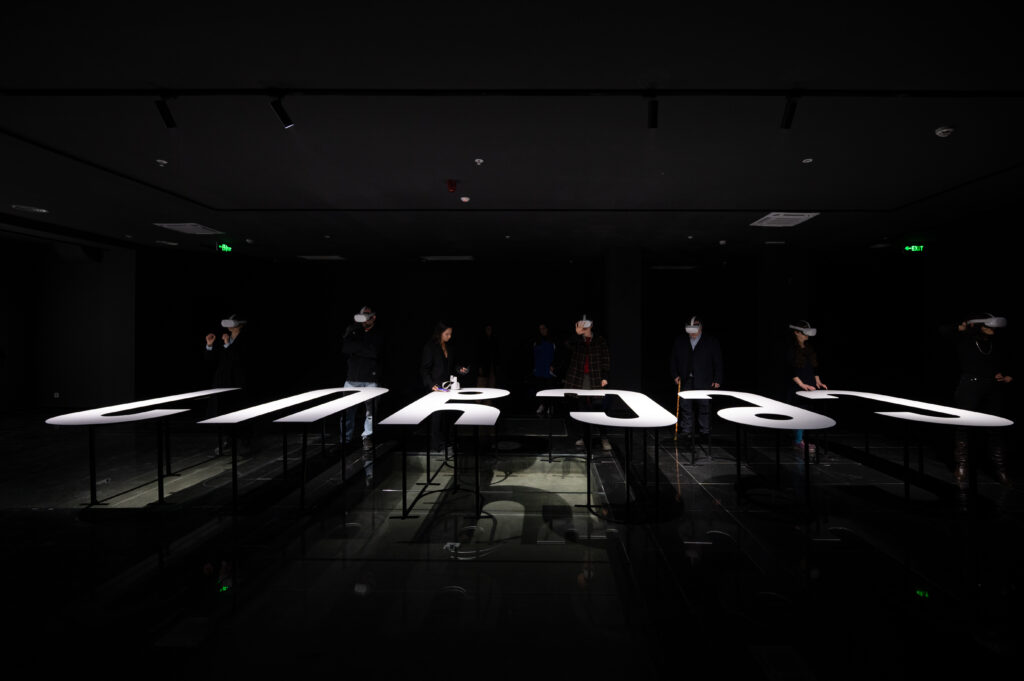
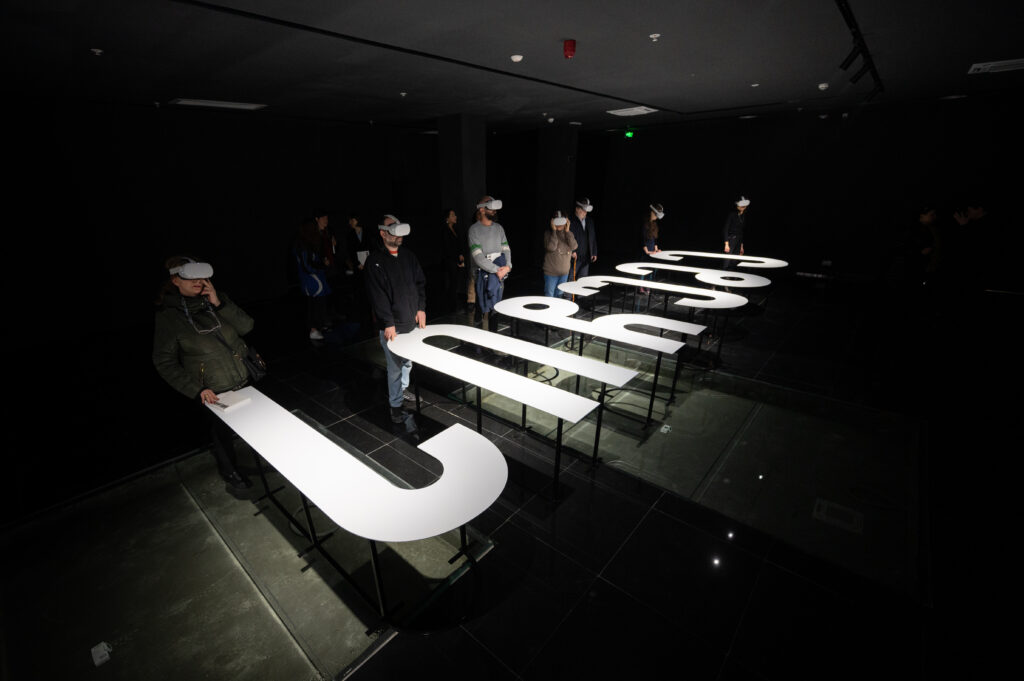
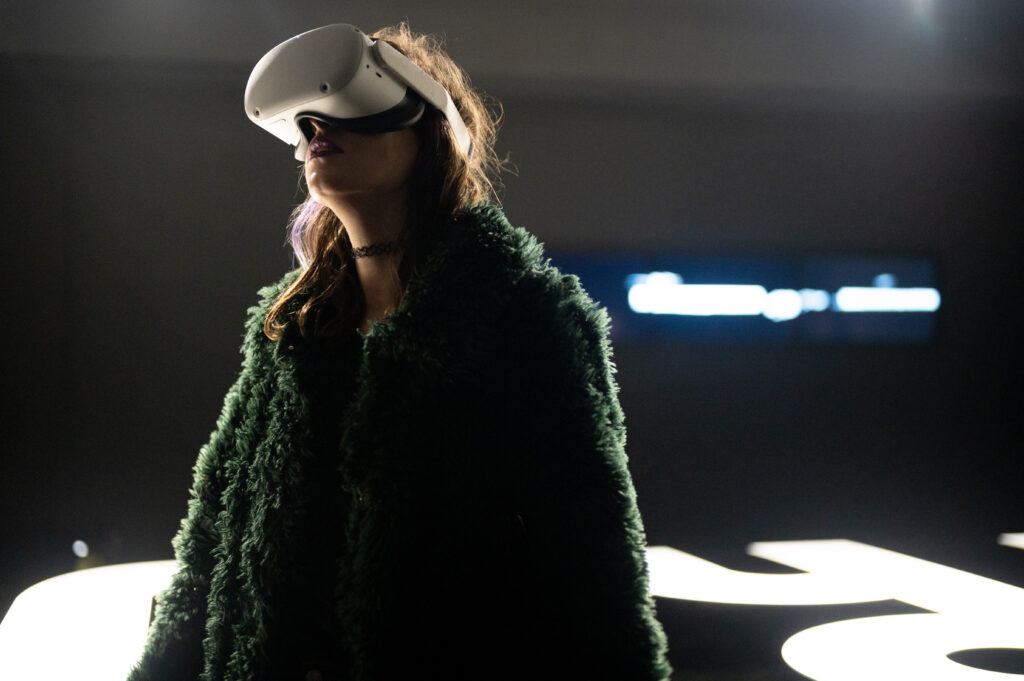
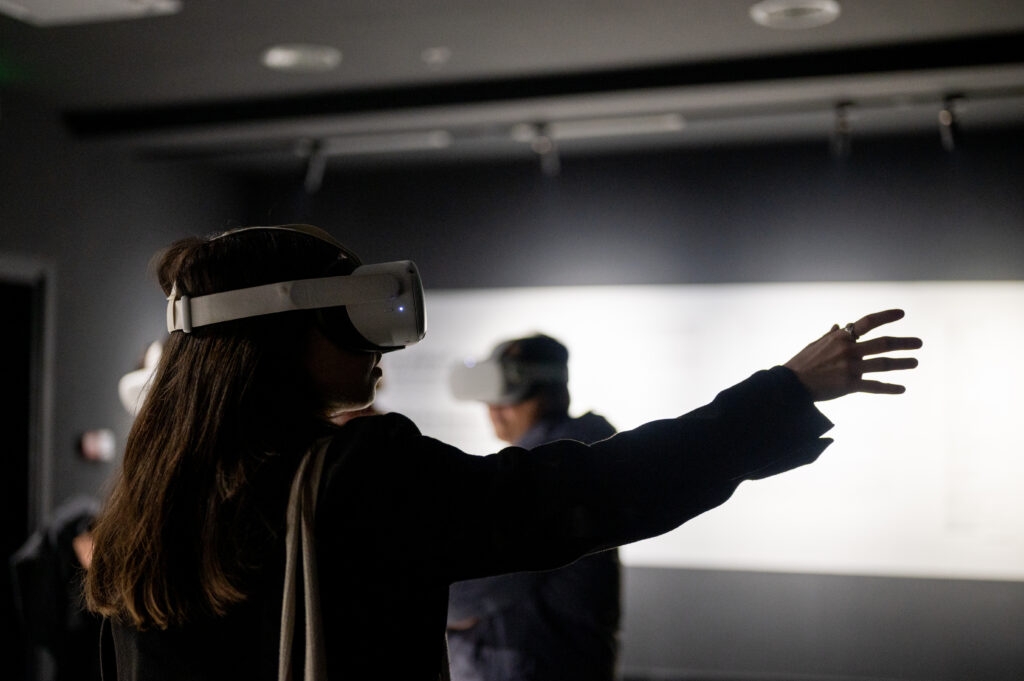
საბჭოთა კავშირის დაშლამდე რამდენიმე წლით ადრე დაბადებული არტისტებისთვის, დასასრულის განცდა მეხსიერების და ყოველდღიურობის განუყოფელი ნაწილია. განვითარებადი ქვეყნის არასტაბილური გარემო სხვადასხვა სახის დასასრულის მუდმივ მოლოდინს განაპირობებს. დასასრულის, რომელიც ყოველთვის გაქრობას არ გულისხმობს და თავის თავში რაღაც განსხვავებულის დასაწყისს მოიცავს. თუმცა, ხშირად, აქ განვითარებული მოვლენების დრამატურგია დისტოპიური რეალობისა თუ საზარელი ზღაპრის სიუჟეტს ემსგავსება. მეტაფორული ბაღი, რომელიც ხმება, კვდება, ცეცხლი უკიდია და ცარიელია.